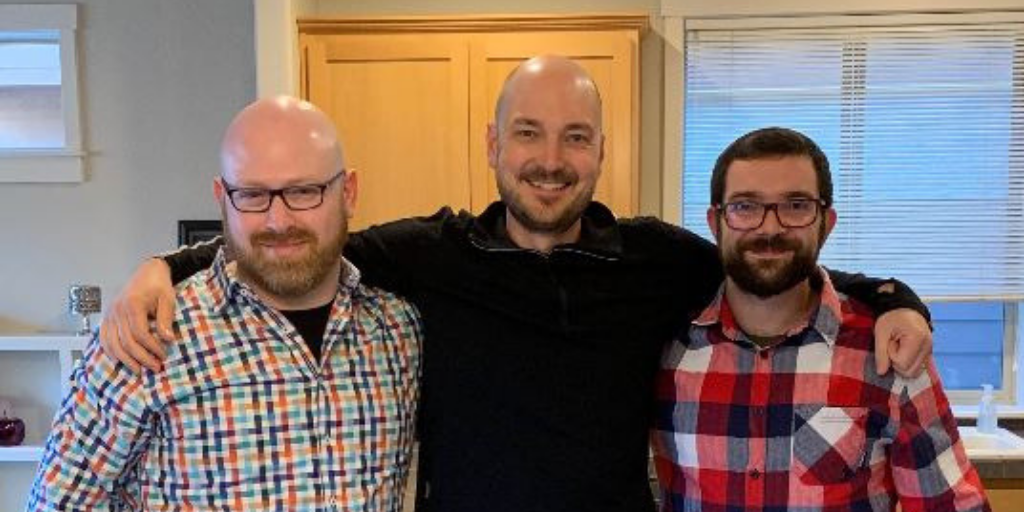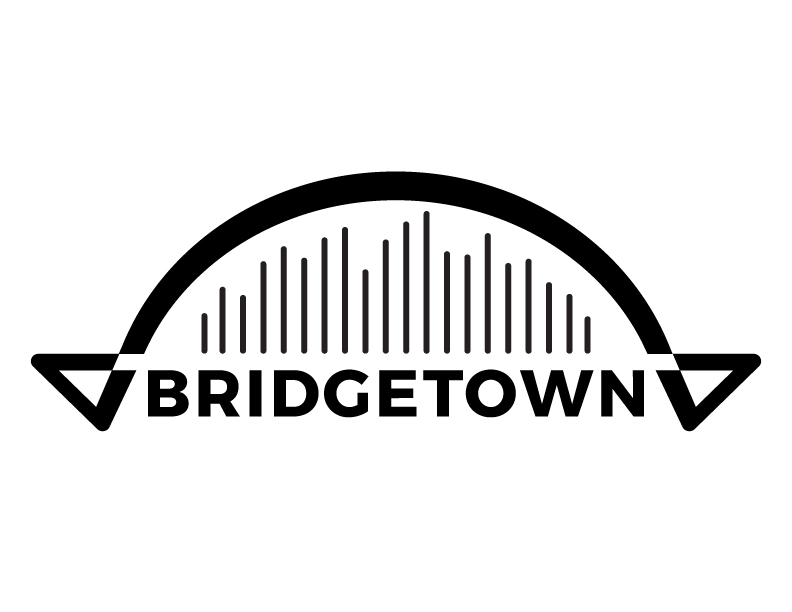
Rising StarPeter Titterington of Bridgetown Delivers the Answers You’ve Been Waiting For
It’s officially 2019, and in this day-and-age technology is replacing everything from waiters at restaurants to drivers of cars. And while that might scare a lot of people, Peter Titterington of Bridgetown says there’s an upside to using technology instead of humans, and it’s not behind a wheel of a car.
Read below to find out why Peter thinks humans should let AI do their job:

The spark that inspired the birth of your concept: Bridgetown was born from my experiences as a Financial Planning & Analysis and Business Intelligence Manager for Amazon’s EU Operations. We had over 100 Analysts spending thousands of hours per year trying to answer questions like “Why are costs up this week vs last week?” or “How are we performing vs our plan?” or “Why is this quarter doing better than the same quarter last year?” I wanted our analysts to be out engaging the operations team and contributing ideas to save money or improve customer experience, but most of their time was spent simply trying to figure out what happened last week. I just felt like there had to be a better way, and that’s why I started this company.
The problem it solves: Companies need to understand their true performance drivers in order to be competitive. Typical BI provides charts, graphs & dashboards, but these are really only a starting point. Even with a well implemented BI system, insight generation relies on tribal memory, instinct, and error-prone human processes. As a result, Executives and Sr. Analysts spend valuable time searching through reports looking for actionable insights, often without success. We’re certain that an AI solution can comb through the data much more quickly and reliably, freeing the humans to do things humans are good at.
How you came up with the name: I’m a native Portlander for one thing, so the name Bridgetown has special meaning for me. Also, the first module of our platform is focused on variance analysis (ie, answering the question “Why are things changing?”) which is known in the FP&A world as “Bridging.” We felt like the name would speak to people who were interested in advanced analytics while having a strong Portland connection. Besides, “Stumptown” would be a much less appealing name for an analytics firm.
How you are different than your competition: Our platform provides answers in clear English as a human analyst would. Just like Tableau revolutionized the use of visualization to help people utilize their data more efficiently, we’re going to revolutionize the use of “automated-analysts” to skip straight to the insights that make a difference. With our platform, there’s no designing dashboards or building a new whole skill set just so you can use the tool. You just go straight to the answers.
How you make money: We’re a Software as a Service company, operating on monthly subscription revenue. Our model is a little different than many SaaS offerings because I hate the idea of “per user licenses.” We charge our customers based on the complexity and size of their data, and the scope of their implementation.
The best thing about being an entrepreneur: I left my corporate life because I felt I still had a lot more to give creatively and wasn’t particularly interested in climbing a ladder or settling into a management role. Aside from a chance to build a novel product from scratch, I love situations where I’m forced to learn and adapt quickly. My co-founders Neil Duxbury and Patrick Ezell are amazing, so I feel really lucky to be working with people I admire and respect, in a job that I’m deeply passionate about.
The biggest surprise in your entrepreneurial experience to date: I was pretty naïve about the importance of sales and marketing at the early stages of a startup. I’ve spent my entire career inventing and building products, but I vastly underestimated the amount of skill and energy it takes to actually sell something new. Our product doesn’t really fit into anyone’s pre-existing boxes, so the communication piece has been a huge challenge.
Your biggest success: We’ve had a good run for the last couple months, including our selection as an OTBC Startup Challenge 2019 winner, and our first substantial angel investor coming on board. However, the biggest thrill I’ve had was landing our first major customer late last year. That was the moment that I felt we were on the right path.
A failure story and what you learned: My first attempts to sell into a large enterprise ended in total disaster. Most of the stakeholders were on board and excited about the platform. I felt like the deal was practically closed, and it would have been a huge win. About one minute into the final meeting, a guy I’d never met before cut off my presentation, and started ripping me and my product to shreds. None of the folks I’d been working with spoke up, and I was totally flummoxed. The guy ended the meeting with something like “I don’t see any value here,” and then walked out leaving me aghast. Turns out he was in charge of the entire division and had final decision-making power. Needless to say, this deal died.
I learned some valuable lessons from this one. First, it taught me the importance of doing a paranoid amount of research into the Org Structure of potential customers. Secondly, it inspired me to get serious about bringing someone with sales experience into the team!
What keeps you up at night: At first it was just simply “Will anyone ever want what we’re building?” Now that we’re a bit more established, and I’ve seen how much value our customers are getting from the product, I’m more worried about out-growing our capacity for customer support and engineering. There’s also a strong sense of responsibility now that I have two full-time team members and investors who are counting on us to deliver.
Your #1 piece of advice for a budding entrepreneur: Ignore advice from people who haven’t already succeeded at the thing you’re trying to do. I’ve had so many people in my ear, especially at the very early stages. Your uncle who sells trucks, or your friend in the software business, or that guy from school who runs an online ice-cream shop, or whoever, is just probably not worth listening to. Things turned around for me when I started networking and listening to people who had had actual success in software startups.
The #1 book you would recommend for a budding entrepreneur: I’m more of a business podcast kind of guy. My reading time is mostly reserved for fiction. I’d heartily recommend anyone, especially with a creative background, check out season one of Startup. For those not familiar, it’s an audio-diary of how Alex Blumberg started Gimlet Media.
What wild success looks like: Success for Bridgetown means that our customers are massively reducing the amount of time they spend to get to the answers they need, taking action on those insights, and improving their performance as a result. It’s really pretty simple from our perspective – our success will be proportional to the business value we’re generating from our clients, and I hope we get a chance to help a lot of businesses!
What you wanted to be when you grew up: My dad is a Ph.D. Organic chemist, and he was (still is really) my hero, so when I was a kid I wanted to become a scientist. And I did! I was an organic chemist for many years, before taking this weird left turn into finance and analytics.
Is Oregon is a good place to start a business? Well, I’m a little biased. To me, Oregon is the ONLY place to start a business because I don’t want to live anywhere else. That said, as a first-time entrepreneur with not much more than an idea a few years ago, I felt pretty isolated at first. Once I started getting involved with the OEN (through PubTalks, open Office Hours, and the Startup Series), I realized there were people out there specifically looking to help people like me navigate the early stages of a startup, and that really helped.
Bridgetown: https://www.bridgetown.ai/

